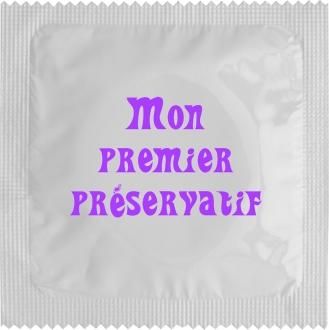I feel I should, after my last blog entry, redress the
balance a little bit, and ‘fess up to my own linguistic howlers. I’m sure there
have been many, but one, in particular, still haunts me. It took place over 20
years ago, but to this day I get all clammy and embarrassed just thinking about
it.
Here’s what happened…..
I was home on maternity leave after the birth of son#2, and
enjoying a bit of a respite from work. At the time, I was working as an export
sales manager for a company which made food additives. One of my most important markets was Algeria,
and whilst I was on leave, the State Monopoly with whom I had most of my
dealings asked our company to send some representatives to speak at a
conference. As this was going to be conducted in French and many of my
technical colleagues didn’t speak the language, I was drafted back in from
maternity leave to do the simultaneous translation at the conference.
On the day, it all went rather well. After the presentations
there was a Q&A session, and I was busy translating back and forth, with a
steady stream of questions from the very attentive audience of about 200
Algerian food scientists and manufacturers.
In the evening, we all went off to a local restaurant for a
meal, happy and relaxed that it had all gone off so well. Or so I thought.
Our local agent, a Frenchman, was sitting next to me at
dinner, and suddenly said to me as we were chatting about the day: “By the way,
you DO realise what you said this morning, don’t you?”. There was a look in his
eye that said that he knew I didn’t and that he was going to enjoy telling me. Which, indeed, he did. Far too much, if you
ask me. Sparing no detail, this is what I’d done..
The products we were selling in Algeria were mainly dyes for
foodstuffs. When sold, these are in powder form and highly concentrated; so
much so that they have to be diluted before being added to the product.
Normally, in order the achieve the right dilution and to ensure that the colour
of the finished product can be controlled, the dyes are made up into a solution, and it is this solution which is added to the product. During the Q&A, someone
had said that they were experiencing problems with the solutions “going off” if
they were kept for any length of time, and asked for advice. Our chief chemist,
who was among the presenters, offered to answer, and I translated her reply for
the audience. So far, so good. The answer was reasonably simple. There are lots of
available preservatives on the market which, when added to the solutions, will
keep them stable. Which is what I passed on in my translation. Or so I thought.
Some six hours after the event, and with great pleasure at my
discomfort, the local agent explained to me that I’d obviously got a bit
tangled in translating, and told a roomful of Algerians to stick a “préservatif”
in their dye solutions.
Unfortunately, dear readers, for those of you not familiar
with the French language, “préservatif” happens to be the French word for “condom” and "conservateur" was the word I was looking for. I knew that. I did. Honest......


Chortle, but with sympathy, CB. I've lost count of the faux-pas I've made over the years, but luckily they have always been in a social rather than working context, which isn't quite so embarrassing.
ReplyDeleteThe above is the tip of a fairly large iceberg, Perpetua, but then I look at such incidents as a "learning experience" - and just KNOW that after a really bad faux pas I will never forget that word or phrase again!
ReplyDelete